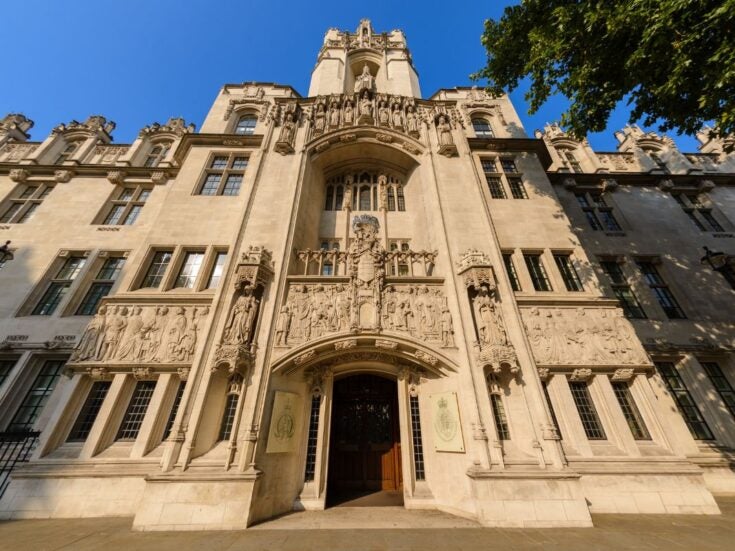I separated from my husband three and a half years ago after six years of marriage. We are both in our sixties. One year ago I was left an inheritance of a house (which has been sold) and some money, which comes to £200,000. As I am still married is my husband entitled to any of this? A friend of mine has advised me that if I divorce I must tell my husband and his solicitor of this and he will be entitled to a half share
Parties to financial proceedings upon a divorce must make full, frank and comprehensive financial disclosure. Your friend’s advice that you will have to disclose the fact of the £200,000 to your husband is therefore correct. Your husband will also be required to make full disclosure of his financial circumstances and so any assets which he may have accrued in the course of your separation, by way of inheritance or by any other means, must be disclosed to you.
The family court’s objective on divorce is to divide the marital assets and other financial resources so as to achieve a fair outcome between the parties and to ensure that so far as possible both parties’ financial needs are met. The court will consider the nature of your inheritance and whether or not it constitutes ‘non-matrimonial property’.
Assets acquired during a period of separation may qualify as non-matrimonial property if the property in question was acquired or created by a party by virtue of their personal industry and not by use of an asset which has been created during the marriage and in respect of which the other party can validly assert a share.
Due to the circumstances in which you came into your inheritance, it is highly unlikely that the court would consider the funds to relate to the period of your marriage. The fact that you received the inheritance more than two years after separation from a six year marriage also supports a case that the sums constitute non-matrimonial property.
However, even if the court does classify the inheritance as non-matrimonial property it is important to note that non-matrimonial property is not quarantined and excluded from the court’s dispositive powers. It represents an unmatched contribution by you and the court will decide whether it should be shared and if so in what proportions. If your husband’s needs cannot be met without reference to your inheritance the court will award a share of the funds to your husband, regardless of whether or not it constitutes non-matrimonial property.
Provided that there are sufficient financial resources apart from your inheritance to meet your husband’s needs, the court should leave your inheritance untouched.
However, if your husband’s financial needs cannot be met without recourse to the inheritance, your husband will most likely be awarded a share of those funds. Once you and your husband have exchanged financial disclosure your solicitor will be in a position to review the global assets available and to advise you on how a court would be likely to divide those resources.
Davina Hay, partner and head of family at Schillings and Rosie Stewart, solicitor. For more information, contact Davina.Hay@schillings.co.uk
Private wealth advisor Emma-Jane Weider from Maurice Turnor Gardner LLP adds: Whether or not you ultimately get divorced, you should think about your will. In the event that you die before your divorce and you have not made a will, your husband may benefit from your estate under intestacy laws. If you have made a will, and die before you divorce but without leaving anything to him, he may have a claim on your estate under the Inheritance (Provision for Family and Dependents) Act 1974. Once you are divorced, the provisions in any existing will would take effect as if your ex-husband has pre-deceased you.
For more information, contact Emma-Jane.Weider@mtgllp.com







